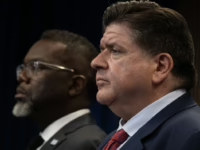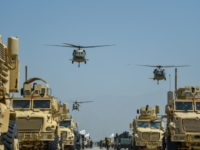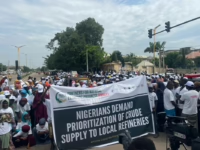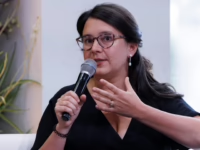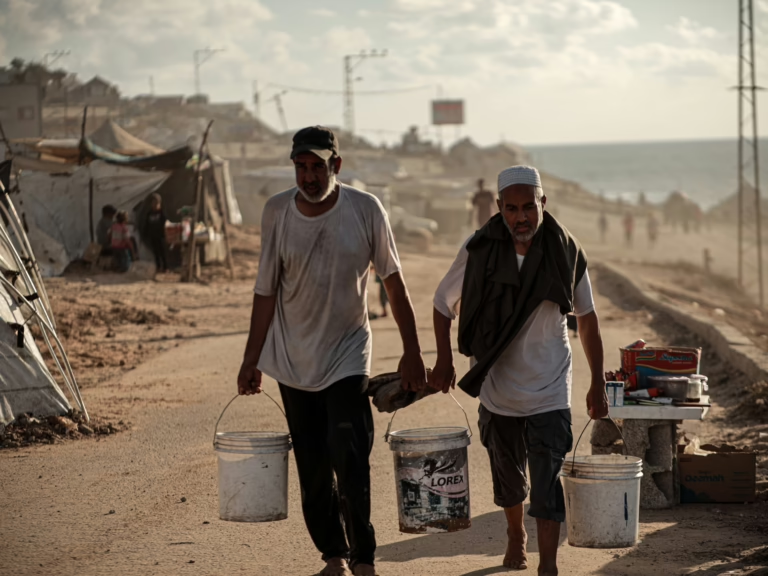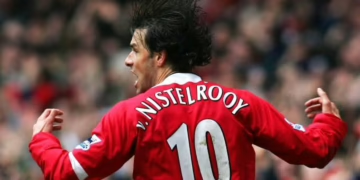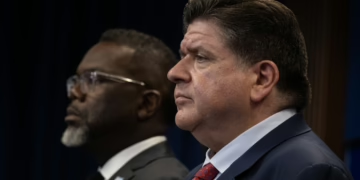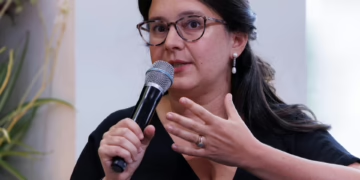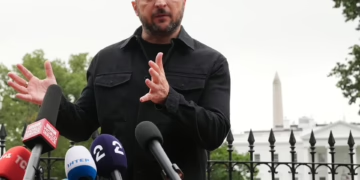Deir el-Balah, Gaza – A cautious sense of hope briefly swept through Gaza following the announcement of a ceasefire proposal by U.S. President Donald Trump.
Despite widespread doubts that Hamas would accept the terms, the group surprisingly agreed. However, the initial relief was short-lived as Israeli airstrikes persisted, leaving many residents bewildered and uncertain about the real impact of the agreement on their daily lives.
Amidst the rubble and temporary shelters, Palestinians are left questioning whether Trump’s ceasefire plan can truly bring an end to the relentless conflict that has ravaged the region for over two years.
A Spectrum of Emotions: Hope, Doubt, and Resignation
Abdel Rahman Abu Warda, 37, clings to optimism, particularly because Hamas’s acceptance included commitments to release Israeli prisoners and transfer governance in Gaza.
To gauge the mood, he traveled northward on a Sunday morning to al-Nueiri Hill near the Nuseirat refugee camp, observing the flow of people moving southward.
His journey, partly on foot and partly by horse-drawn cart, covered nearly 6 kilometers and took about ninety minutes, but he found it worthwhile.
“The exodus from north to south has almost ceased,” he remarked with a hopeful smile. “This suggests people believe in a possible resolution, and with God’s will, we might soon return north.”
However, not everyone in the Nuseirat camp shares Abu Warda’s hopeful outlook.
Mohammad Abu Dahrouj, 44, has shifted from initial hope to deep frustration and skepticism.
“At first, I was taken aback by Hamas’s acceptance. I didn’t expect it, and it gave me a moment of relief,” he explained.
But that hope quickly diminished as Israeli strikes continued unabated, claiming 70 lives on the very day Hamas agreed to the proposal.
“Israel’s blatant disregard for the ceasefire call signals a grim future,” he said. “I fear the bombardment will intensify, especially after the captives are freed.”
Between these extremes stands Sanaa al-Abed, a 40-year-old mother of seven, who has stopped following the news altogether due to mistrust.
She recalled the brief celebrations among displaced families when Hamas’s acceptance was announced.
“Initially, I thought the ceasefire was already in effect,” she said. “But when I realized it was just talk, my skepticism returned.”
Her doubts were underscored by a nearby explosion in central Gaza. “See? Another bombing.”
Seventy-two-year-old Suleiman Bakhit expressed a similar sentiment of helplessness.
“When have our voices ever mattered? We have no say, no dignity, no respect,” he lamented. “We watch and wait, afraid even to hope, yet we continue to pray for peace.”
The Ceasefire Proposal: A New Form of Control?
While fleeting moments of hope flickered in Deir el-Balah, residents exchanged what little information they had about the details of Trump’s plan.
Abu Dahrouj highlighted clauses demanding Hamas’s disarmament and the introduction of international forces to oversee Gaza’s governance.
“It seemed Hamas had no real alternative but to accept,” he said. “This isn’t a peace deal; it’s a different kind of occupation.”
Abu Warda echoed this view, noting, “The plan contains about 20 points, none of which favor us.”
He wryly mentioned the involvement of former British Prime Minister Tony Blair and the presence of international troops and aid, adding, “We all know these promises are empty. Our only wish is for the war to end, by any means necessary.”
Bakhit, convinced the plan won’t benefit Palestinians, paid little attention to the camp’s discussions.
“These negotiations only serve to appease Israel,” he said, suspicious of Israel’s willingness to agree while continuing its attacks even as talks on implementation are scheduled.
“How can we trust a party that keeps bombing us? I fear this is just ink on paper. They’ll reclaim their captives and resume the war.”
Al-Abed remains cautiously reserved, waiting to see tangible peace before forming an opinion.
“They say the plan isn’t in our favor, but neither is ongoing war,” she reflected. “I’m not hopeful, but I’m glad Hamas accepted it. I just want the fighting to stop. Even if a miracle were to solve this, I wouldn’t care. We need normalcy.”
Life Amidst Displacement
Bakhit has been uprooted from his Nuseirat home for two years. Al-Abed has lived away from Maghazi camp for eighteen months. Abu Dahrouj has been displaced within Deir el-Balah for a year, and Abu Warda and his family fled northern Gaza to a relative’s tent in Deir el-Balah just over a week ago.
“Two years without relocation assistance, and we’re left living on the streets,” al-Abed said, gesturing to her makeshift shelter of cloth and sticks. “Winter is coming, and we have no blankets or proper tents.”
“I can’t afford a tent; they cost over $1,000,” Abu Warda added wearily. “We stayed two days on the street before moving in with relatives. I couldn’t even pay for a truck to move our belongings.”
“The war shattered all my dreams,” said Abu Warda, a former doctor with the Ministry of Health and various medical organizations. “I used to help people; now I can’t even provide for my children. Our dignity was buried with our homes.”
Abu Dahrouj tragically lost three children when their home in az-Zawayda was bombed.
“Last October, a strike hit our house directly, killing Ahmad, 12; Layan, 7; and Masa, just 18 months old. My wife and I survived by a miracle,” he recounted sorrowfully.
“Two weeks later, another bombing destroyed my extended family’s home, killing 19 relatives, including my parents, siblings, and children.”
Bakhit’s eldest daughter, Bushra, 42, died three months ago while collecting food at an aid distribution center operated by the US- and Israeli-backed Gaza Humanitarian Fund.
He gestured toward the tattered tents surrounding him.
“Is this the life humans deserve? We’ve been trapped in this nightmare for two years while the world debates ending the war. Are we animals?”
“Is our blood so cheap that decisive action is delayed? Still, all we can do is hope for peace. Our lives, homes, and futures have been destroyed, yet the world worries about who will govern us.”
Abu Dahrouj concurred, “This plan serves Israel’s interests. It might start smoothly, but it will ultimately fail.”
He laughed softly, “I lost a bet with friends about Hamas’s response. Some thought the deal would pass; others, like me, doubted it.”
The wager involved a pack of cigarettes, a box of sweets, and a tea invitation at a local café.
Despite everything, Abu Warda remains hopeful.
“I believe the war will end, and we will rebuild what was lost.”







